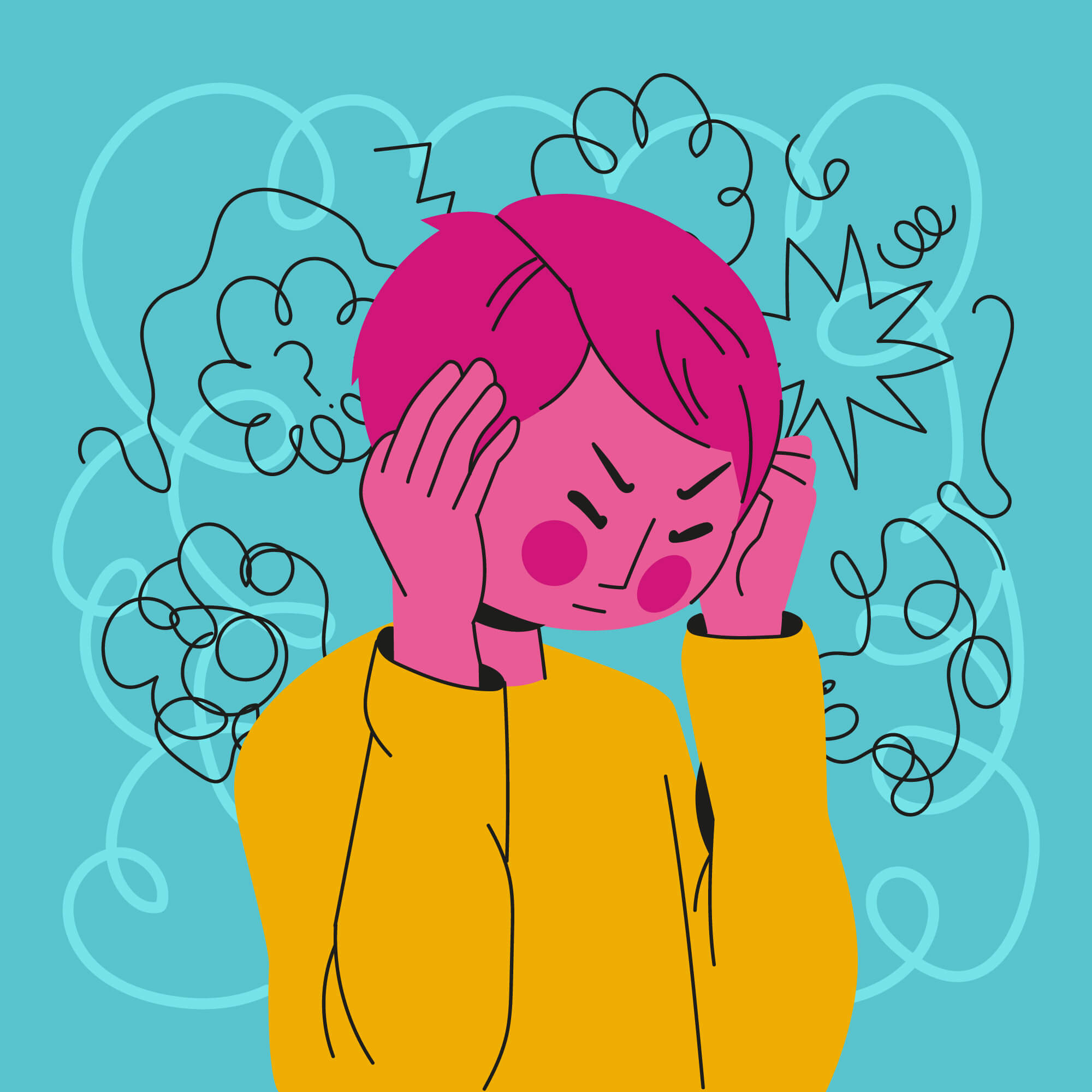Some of our articles speak in a more academic voice, especially when we are naming systems that silence or harm within BC schools. This is a sister essay to Epistemic silencing of disabled children’s primary caregivers, written as a more accessible entry point for readers who are newer to the topic or looking for clarity before diving deeper.
When a mother knows too much
Sometimes the anger comes all at once. It fills the body, the chest, the stomach, the throat. It comes when your child is being hurt and no one steps in. It comes when the people in charge stay polite, stay calm, and say they are doing their best—but your child is still suffering. It comes when you know the truth too clearly to keep quiet.
This kind of anger is not confusion. It is not a mistake. It is what happens when a mother sees her child being hurt and is expected to say thank you. It is what happens when you ask for help and the school smiles, but nothing changes. It is the feeling of being ignored, while your child is harmed.
Why BC schools pick the parent who says less
In many families, one parent asks hard questions and pushes for change. The other parent stays quiet, smiles, and avoids conflict. Schools often choose to work with the one who stays quiet. Not because they are right. Not because they know more. But because they are easier to get along with.
The parent who writes clear, detailed emails is called difficult. The parent who agrees to everything is called helpful. This is not fair. This is not safe. But it happens again and again. And it leaves the mother who sees clearly feeling alone and shut out.
From “just concerned” to “too much”
At first, they say they want to work with you. They say your voice matters. They say they care. But as soon as you speak too clearly—as soon as you stop being polite—they change their view. They say you are too emotional. Too demanding. Too intense.
The focus moves away from your child’s pain. Now it is about your tone, your feelings, your attitude. The harm you are describing gets ignored. The way you describe it becomes the problem.
-
The politics of politeness: how tone-policing silences parent advocates
When a parent dares to speak plainly about harm—especially when that harm is systemic, ongoing, and inflicted upon a disabled child—they are swiftly met with a familiar response: watch your tone.
The tricks they use to wear you down
They change the rules frequently in BC schools. They say your child almost qualifies for help, but not quite. They say all the right things in meetings, but nothing happens. They give you long forms and wait for you to get tired. They say they are following the process, but the process goes in circles.
You feel like you are doing everything right, but nothing works. You feel like they are trying to confuse you. You feel like they are trying to make you give up.
-
Maybe tomorrow: reflections on goal post shifting and the economics of access
There were accommodations on paper and endless lip-service meetings. But none of it happened in the classroom. And every time we did what was asked—another intake, another form, another plan—the goalpost moved again. We weren’t asking for miracles. We were asking to be…
How they make you doubt yourself
Over time, you start to wonder if you’re the problem. You ask yourself: did I say too much? Was I rude? Am I making things worse? You begin to feel unsure of your memory, your words, your choices.
They start to treat you like your feelings are the issue—not your child’s safety. They act like your grief is the real problem. They ask you to be calm, to be nice, to be patient. Even when your child is suffering every day.
Why some mothers start to smile through the pain
When you speak clearly, they call you aggressive. When you cry, they call you unstable. When you ask for change, they say you’re too much. So you start to smile, even when it hurts. You say “thank you” with a shaking voice. You try to play along, hoping it will help.
This is called fawning. It is something people do when they feel scared and stuck. It is a way to survive. But it is not safety. It is the cost of being let in.
This is discrimination
This is not just a bad day. This is not just a misunderstanding. This is unfair treatment. Mothers who speak up for their disabled children are often treated differently. They are ignored, blamed, and pushed away.
Schools often punish the very people who are trying to help. They call truth-telling “rudeness.” They call careful records “overreacting.” They call pain “drama.” They treat mothers as the problem, when all those mothers want is for their children to be safe.
You are not alone
If this is your story, I believe you. You are not too much. You are not imagining it. You are carrying truth in a system that doesn’t want to hear it. Your voice is strong, and your child is lucky to have you.
They want you to give up. But you are still here. You are still telling the truth. And that matters more than they want to admit.
FAQ
Why do BC schools treat one parent like the “good” one and the other like the “problem”?
Schools often choose the parent who is easiest to deal with—not the one who knows the most or tells the truth. If one parent asks hard questions and the other stays quiet, schools often go along with the quiet one. This makes things easier for the school, but it can leave the more protective parent feeling ignored or blamed.
Why does the school say I’m too emotional when my child is being harmed?
When a parent shows strong feelings—like anger, grief, or urgency—schools sometimes shift the focus away from the child’s safety and onto the parent’s tone. Instead of helping, they act like the parent’s emotions are the problem. This is a way to avoid change and protect the system.
What is fawning, and why do I keep doing it?
Fawning is when you smile, agree, or stay quiet even though you’re upset inside. It’s something people do when they feel scared or stuck. Many mothers do this in schools because they want to protect their child, and they think being polite will help. It is a survival strategy—not a weakness.
Why do I feel like I’m losing my mind?
When schools ignore your concerns or make you doubt what you saw, it can make you feel confused or unsure of yourself. This is called gaslighting, and it happens slowly. Over time, you may begin to question your memory, your tone, or your choices. This is not your fault. It is something the system does to people who speak too clearly.
Is this discrimination?
Yes. When mothers of disabled children are treated differently because they ask for help, speak with urgency, or refuse to stay quiet, that is discrimination. It may be based on gender, disability, or caregiver status. It is unfair—and you are allowed to say so.
Am I the only one this is happening to?
No. Many parents—especially mothers—go through this. It is common, even though it feels deeply personal. You are not too much. You are not imagining it. You are carrying the truth in a system that often punishes people for doing exactly that. Also see Fierce is Fair
Learn more
For those who want to dive deeper into this topic, here’s the sister essay, which includes a glossary of terms that can help explain this experience:
-
Epistemic silencing of disabled children’s primary caregivers
Epistemic silencing in BC schools discredits mothers’ knowledge, reframes advocacy as aggression, and erases disabled children’s pain, leaving families punished for truth.










